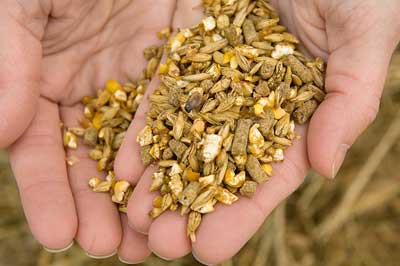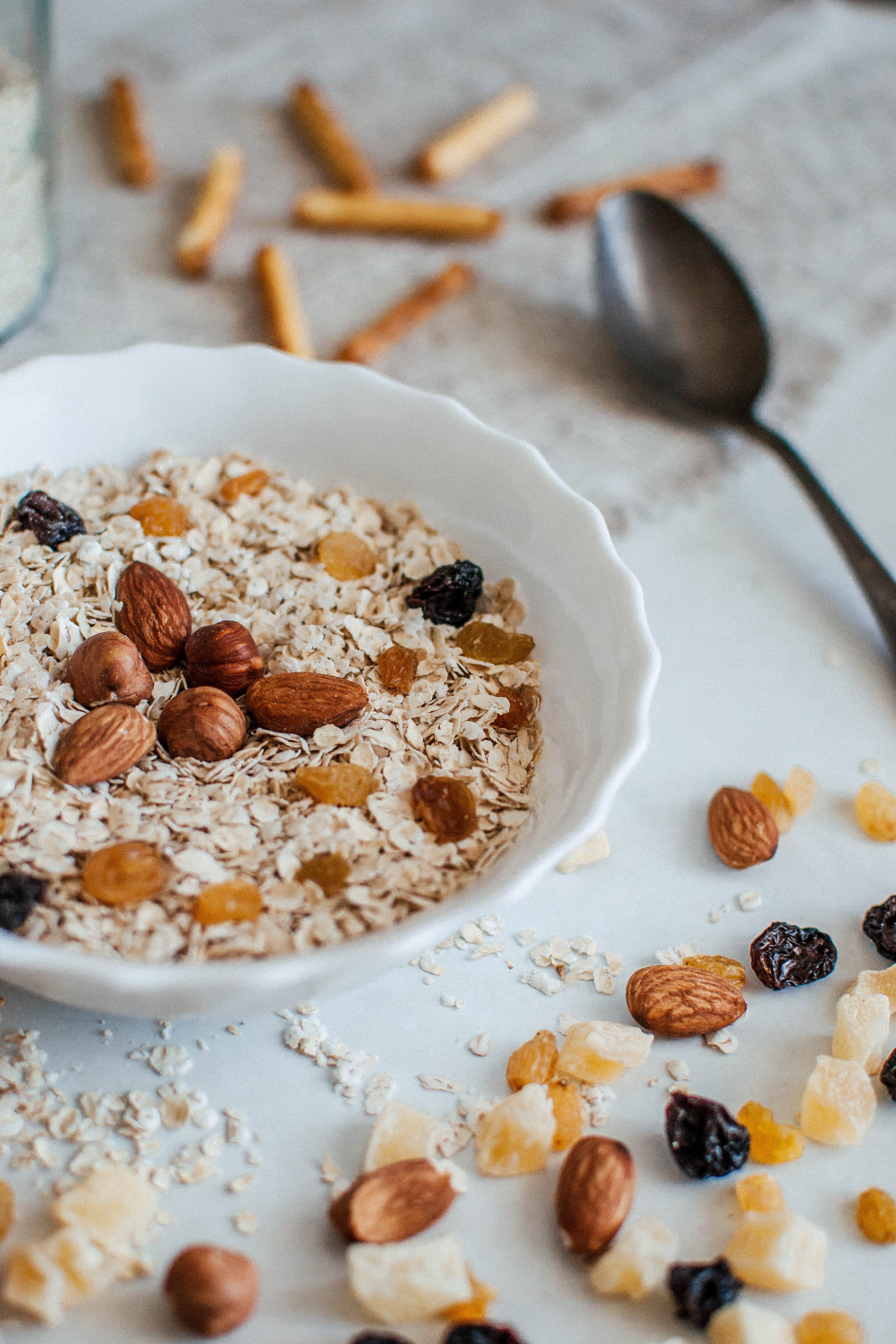Share This
Staying healthy relies upon an array of variables — genetics, age, pre-existing conditions, physical environment, the list goes on. A factor we can largely control, and an impactful one at that, is our diet. Although there is no magic pill, or food that is the answer to good health, there is common ground among experts on what a healthy diet looks like. Not only does our diet play a role in promoting and maintaining healthy systems, but it also impacts our ability to actively fight off illness and pathogens that exist in the world around us.
The human immune system is extremely complex and diverse. It is made up of an array of cells and tissues, communicating and interacting with each other to keep tabs on all potential threats to our body. The food you eat plays a leading role in immune health, and whole grains do their part by maintaining the health of our digestion system and regulating inflammation, helping to give our immune system the best chance of doing its job well.
New scientific focus has found that the health of our digestive system directly impacts not just functions related to digestion, but our health as a whole, including immune strength and reduced inflammation in our body. In fact, it is our gut microbiome, full of helpful bacteria and other microorganisms, that teaches our fledgling immune system not all bacteria is bad bacteria at birth. To maintain a healthy gut, eating a balanced diet full of prebiotic foods is the best path – with whole grain fiber being particularly beneficial.
Our body produces a range of enzymes to break down the food we ingest. These enzymes, however, cannot digest dietary fiber — we rely on specific microbiota in our digestive tract for that. These helpful bacteria ferment dietary fiber, breaking it down into a variety of short-chain fatty acids. These fatty acids directly contribute to healthy bodily functions, including the maintenance of our gut mucus barrier.
It is our mucus barriers, such the barrier in our digestive tract, that keep pathogens out of our system. Because our gut is a main entry point for pathogens, immune system hubs are strategically located all along the gut. It is important, then, for immune health to keep the protective gut mucus barrier layer substantial and strong. Without the help of short-chain fatty acids produced from fermented fiber, the integrity of the mucus barrier in our intestines diminishes. With its permeability compromised, unwanted organisms can start traveling more freely, leading to inflammatory conditions.
This tiny army of millions in the gut helps keep our immune system in balance, making sure our immune cells continue to differentiate between healthy cells and unhealthy ones. When the body detects unhealthy cells, like an infection or pathogen, the immune system jumps to action, sending fighter immune cells to the area of interest. This rush of blood and helpful cells can cause swelling, redness, and other symptoms which we know as inflammation. Inflammation is one of the most common ways your immune system reacts to a threat. Inflammation is not bad, it’s a response for healing. However, if inflammation does not subside it can have detrimental effects to overall health. When inflammation does not go down, or becomes chronic, this healthy balance is thrown off and our overactive immune response may start to damage healthy cells and tissue. New research shows that chronic inflammation may play a role in a variety of common diseases.
Inflammation management is a benefit of many popular diets, such as the DASH diet or the Mediterranean diet. Whole grains are featured in both. This is because whole grains can help with managing inflammation levels in the body. Diets high in fiber have been shown to cut C-reactive protein (CRP) levels, a known marker for inflammation, up to 40%. To add an extra immunity boost, oats and whole grain barley contain a fiber called beta glucan which helps to boost immune health and reduce inflammation. Oats also contain compounds called polyphenols which have strong antioxidant, anti-itching and anti-inflammatory properties, potentially reducing the effects of chronic inflammation.
While there is not one solution to great immune health, it is clear that whole grains contribute to a balanced immune system. New to whole grains? Not to worry, we have loads of recipes and resources to help. Let us know what you’re cooking up below! (Abby)




Add a Comment